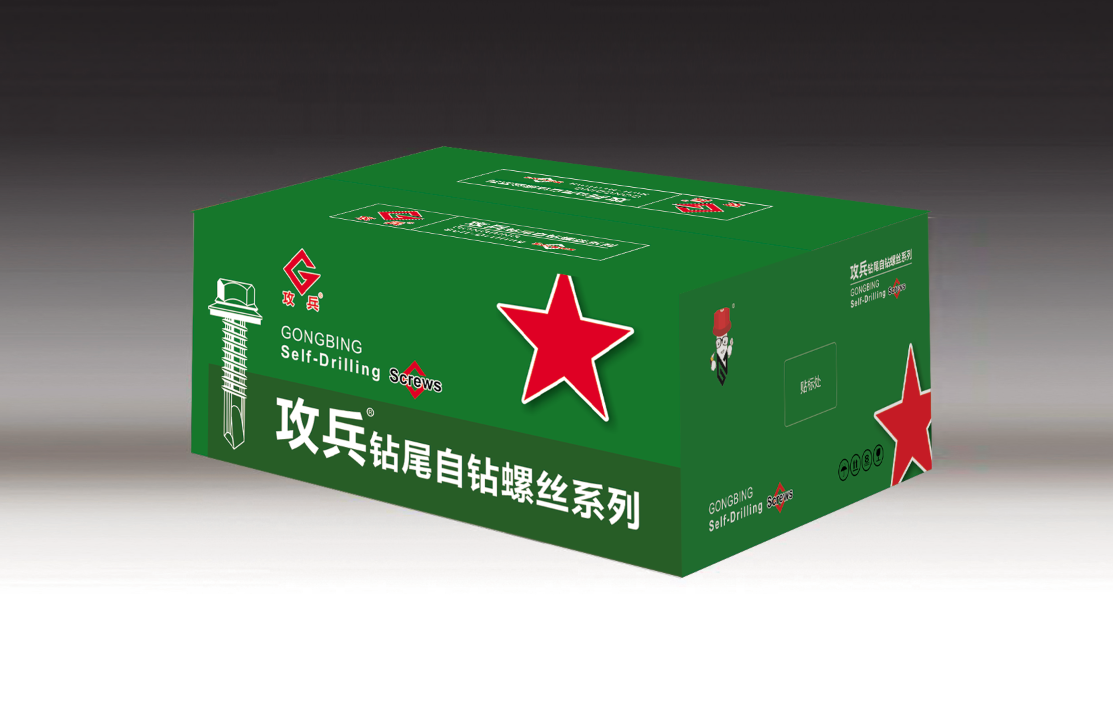wood metal self tapping screws
Exploring the Versatility of Wood and Metal Self-Tapping Screws
Self-tapping screws have revolutionized the way we approach fastening in various materials, particularly wood and metal. Unlike traditional screws that require a pre-drilled hole, self-tapping screws have the unique ability to create their own insertion points as they are driven into the material. This feature not only saves time during assembly but also ensures a tighter and more secure fit. This article delves into the intricacies of wood and metal self-tapping screws, their applications, benefits, and best practices for use.
Understanding Self-Tapping Screws
Self-tapping screws come in various designs and thread patterns suited for different materials. Typically, they have sharp points and threads that are specifically engineered to displace material rather than compress it, thereby creating a snug fit as they bore into the substrate. This makes them particularly valuable in woodworking, construction, and metalworking applications.
Applications in Wood
In the world of woodworking, self-tapping screws are a popular choice for assembling furniture, cabinetry, and wooden frameworks. They offer superior holding power and can resist loosening over time, which is essential in high-traffic furniture applications. When driving self-tapping screws into wood, it is essential to select the right type. For example, woods that are dense or hard, such as oak or maple, benefit from screws with a finer thread that reduces the risk of splitting.
In applications involving particleboard or plywood, screws designed specifically for these materials are advantageous. These screws often come with a special coating to prevent the screws from stripping out of the softer substrate. The ease of installation that self-tapping screws provide makes them an ideal choice for DIY enthusiasts and professional woodworkers alike.
Applications in Metal
When it comes to metalworking, self-tapping screws shine in their ability to join metal sheets without the need for extensive pre-drilling or welding processes. Common applications include HVAC ductwork, automotive parts, and metal furniture. They are ideal for fastening thin-gauge metals and can be used in both ferrous and non-ferrous metals, making them incredibly versatile.
Metal self-tapping screws typically have a hardened tip and coarse threads to grip the metal securely. For thick metal applications, it’s often advisable to use screws with a tapered design that allows easy penetration and reduces stress on the material. Additionally, using screws coated with corrosion-resistant materials can significantly enhance the lifespan of the fastening in harsh environments.
Benefits of Self-Tapping Screws
1. Time Efficiency As self-tapping screws do not require pilot holes, they can significantly speed up the assembly process, which is particularly beneficial in large-scale projects.
wood metal self tapping screws

2. Strong Joints These screws create strong and durable joints that can withstand stress, making them ideal for structural applications.
3. Reduced Material Damage Traditional screws often risk damaging the material during installation. Self-tapping screws effectively reduce this risk by cutting through materials rather than expanding them.
4. Reusability Many self-tapping screws can be removed and reused without losing their holding power, provided they’re carefully extracted.
Best Practices for Use
To achieve the best results when using self-tapping screws, consider the following best practices
1. Select the Right Screw Type Ensure that you choose a screw compatible with the specific materials you are working with. Different screw designs exist for wood and metal.
2. Use the Correct Tools A suitable driver or drill with adjustable torque settings will help prevent damaging the screw or the material during installation.
3. Maintain Proper Speed When driving screws, a steady and moderate speed is preferable to prevent overheating and potential stripping.
4. Consider Coating For applications exposed to moisture or harsh conditions, always opt for screws with protective coatings to prevent rust and corrosion.
Conclusion
Wood and metal self-tapping screws are indispensable tools in modern construction and manufacturing. Their ability to provide strong, reliable fastening without the need for pre-drilling drastically simplifies and streamlines various projects. Understanding the unique properties and best usage practices associated with each type of self-tapping screw can lead to better, more efficient results in both woodworking and metalworking projects. As industries continue to evolve, the role of self-tapping screws will undoubtedly remain significant, highlighting the importance of these small but mighty fasteners.
-
Weatherproof Plastic Expansion Anchors for OutdoorNewsJun.06,2025
-
Sustainability in the Supply Chain: Eco-Friendly TEK Screws ProductionNewsJun.06,2025
-
Load-Bearing Capacity of External Insulation FixingsNewsJun.06,2025
-
Double Head Bolts: Enhancing Efficiency in Industrial MachineryNewsJun.06,2025
-
Corrosion Resistance in Chipboard Screws: Coatings for Wholesale DurabilityNewsJun.06,2025
-
Butterfly Toggle Bolts : Enhancing Structural ResilienceNewsJun.06,2025
